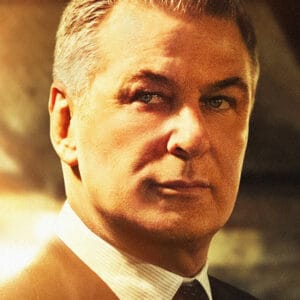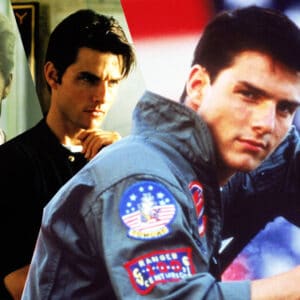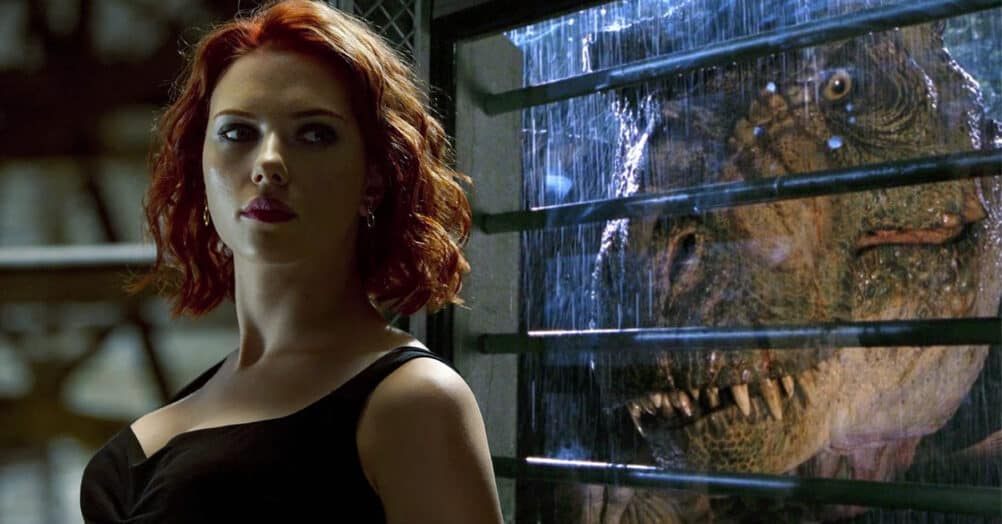
Years ago Christopher McQuarrie won an Oscar for writing the script for the classic thriller THE USUAL SUSPECTS, and nowadays he’s busy being the toast of Hollywood after directing two of the best action movies of the last decade: MISSION: IMPOSSIBLE – ROGUE NATION and the sequel, FALLOUT. While having a hand in numerous Tom Cruise movies the filmmaker always takes time out of his schedule to take to social media and interview platforms to talk about the craft, and that includes sitting down for a podcast to open up about what exactly he brought to the rewrites for the fourth M:I movie – GHOST PROTOCOL.
[SEE MORE]
It should go without saying that what the writer/director brought to the movie from Brad Bird resulted in a very different movie from what we would’ve gotten otherwise. While speaking to the Light the Fuse podcast McQuarrie detailed how the initial draft of the script had too much mystery going on, which is not always a good thing, and that Ethan Hunt’s (Cruise) wife Julia (Michelle Monaghan) was flat-out killed off.
“When I read the script, the big things were, you didn’t know what was in the suitcase, you didn’t know what was in the envelope, you didn’t know what the villain was doing — this was all a mystery in the movie — and Michelle Monaghan was dead, Julia’s character was really dead. I came on board and I said, ‘Look, there are two things going on. One, emotionally if Julia’s dead, no matter how this story turns out, I’m sad. A hundred means you’re at ninety, because no matter how well Ethan wins, he’s carrying this failure that you’ve alluded to the entire movie.’ You’ve got to let the audience of the hook tonally in Brad Bird’s Mission: Impossible.
He continued, saying that on top of all these other plot hinderances there were issues with Jeremy Renner’s character, William Brandt, an IMF agent sent to accompany Ethan’s team and had much more experience and intel then been let on in the beginning. Turns out his character had far different motivations in the first draft, which McQuarrie thought created too much separation in the main story.
The other thing that was going on was that Jeremy Renner had a different backstory. His character of Brandt, he was still the agent that was now an analyst, but the reason that he couldn’t go back into the field was that he had hesitated and his hesitation had led to the death of two nameless agents. And in this event, I think they referred to it as White River… it become the code for this unhealed scar in his past.”
I said, first of all, let’s try to integrate Tom’s story with Jeremy’s story so that Jeremy’ story is actually relevant to the movie, right now it feels like there are two movies happening. And again, no matter how you resolve Jeremy’s story, even at a hundred you were at ninety because he still hesitated and these two guys were still dead. Whereas, if we integrate the stories to say that Jeremey feels responsible for the death of Julia and at the end of the story we found out Julia’s not dead and Jeremy finds out that Julia’s not dead, you get to use that emotional engine, but then you get to let the audience off the hook at the end of it.
That little twist McQuarrie is talking about in the end refers to the part where Renner’s character reveals about 70 minutes into the movie that he feels responsible for what he thought was the death of Hunt’s wife, who we find out, in the end, was never really killed, but was now living a new life away from Hunt (she returns once more in FALLOUT).
In a nutshell, McQuarrie took many more plot points that were once a mystery and brought them into the light, while taking others and making them a mystery (Julia’s fate). A diversion from the style of producer and M:I 3 director J.J. Abrams, who likes to keep big details a secret, McQuarrie said he’s not a big fan of the “mystery box” approach, believing some things need to be revealed for audiences to properly engage.
“That was my note to the studio, take everything that’s known and hide it and take everything that’s hidden and reveal it. Respectfully, I’m not a mystery box guy. I don’t believe in that kind of storytelling, I feel that that leads to — I understand that it makes for very compelling narrative drive, but it brings you to the end of the movie and it inspires the three great words of cinema, which are: “And? So? OK?” And if you hear any one of those three things, it’s time to go back to the drawing board. I believe that a mystery is only as good as its reveal.”
[SEE MORE]
Obviously what he did made the movie better, as the final film was by far the best reviewed of the series at the time, bringing the franchise back into fighting form and launching two more movies. The studio clearly loved his work to trust him with writing and directing the last two movies, both of which received even better reviews and making over a combined one billion dollars at the global box office. FALLOUT, in particular, received incredible reception, hailed as one of the best action movies ever, and making our own JoBlo best of the year list.




















Follow the JOBLO MOVIE NETWORK
Follow us on YOUTUBE
Follow ARROW IN THE HEAD
Follow AITH on YOUTUBE